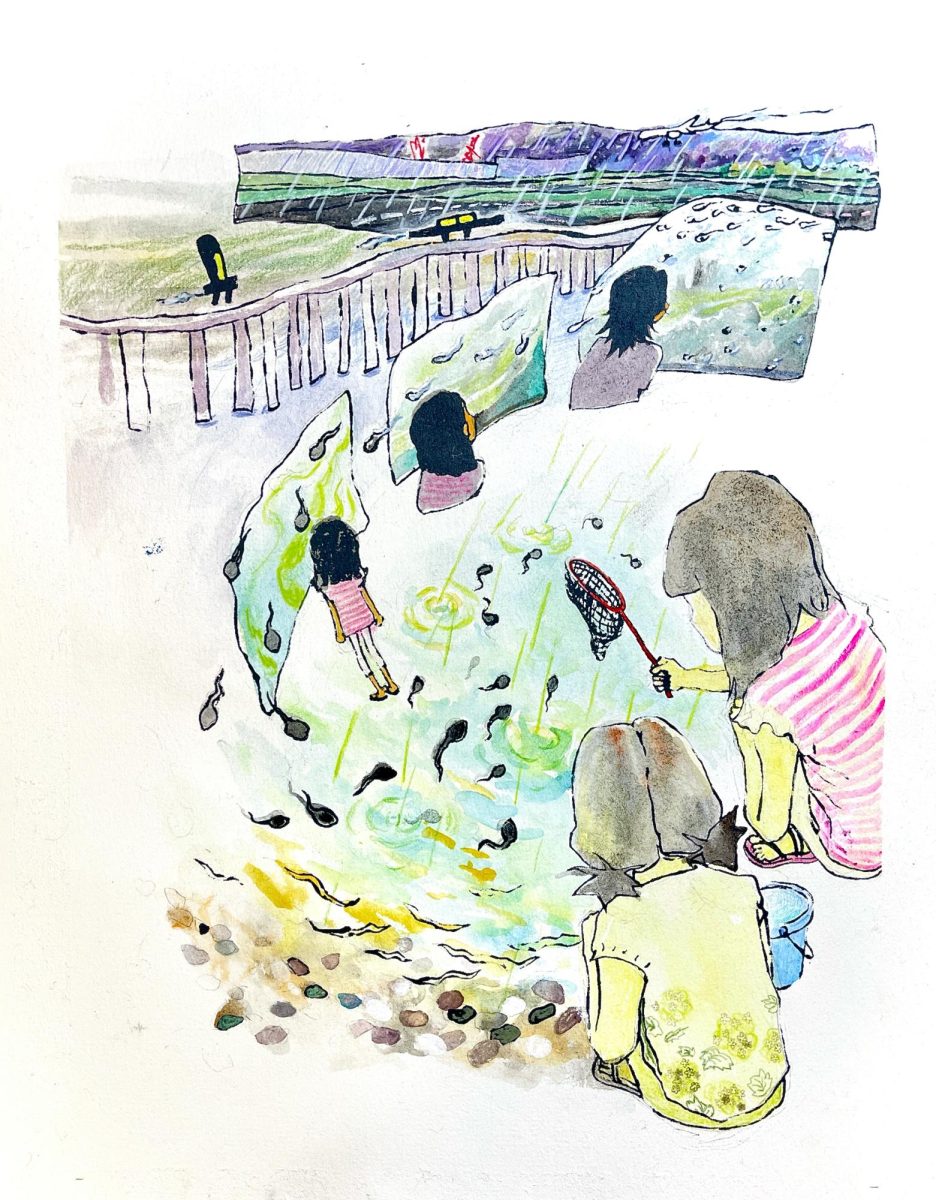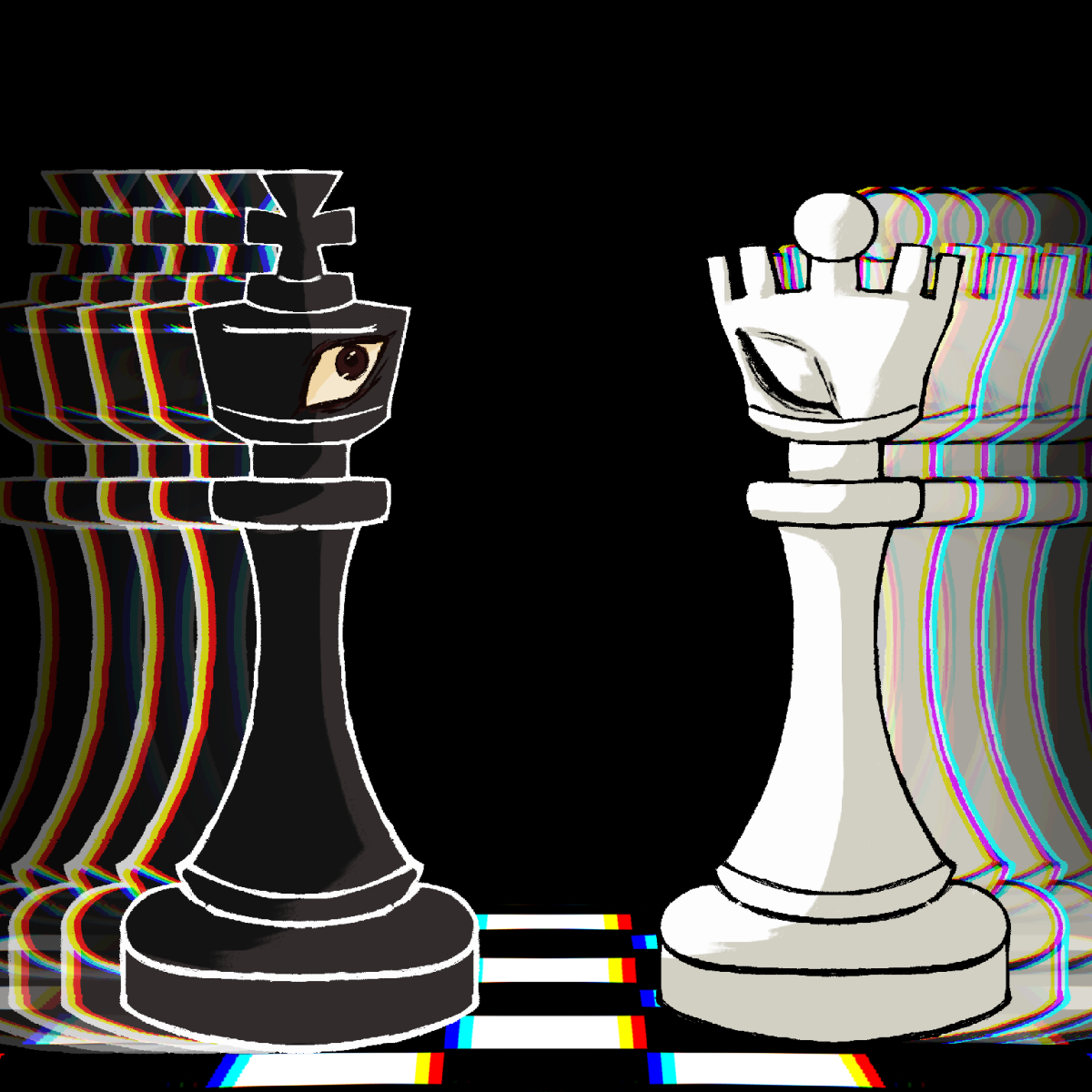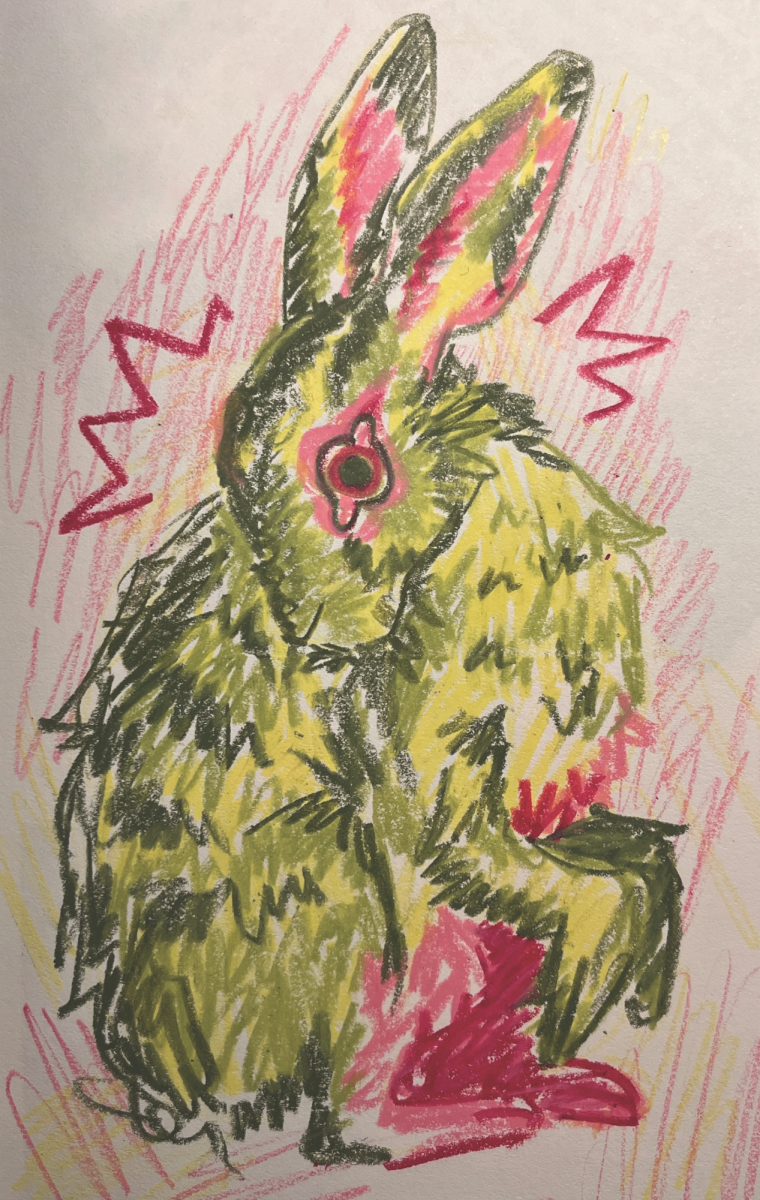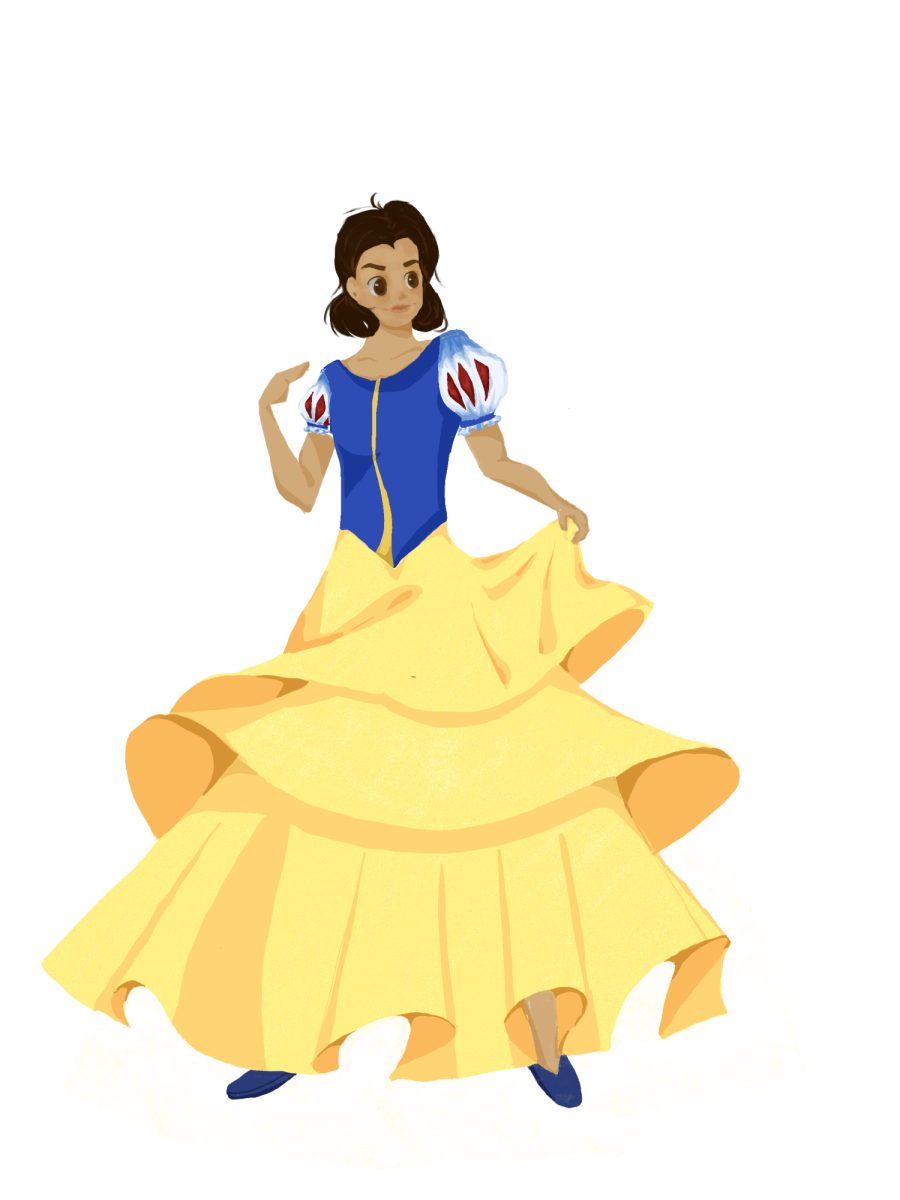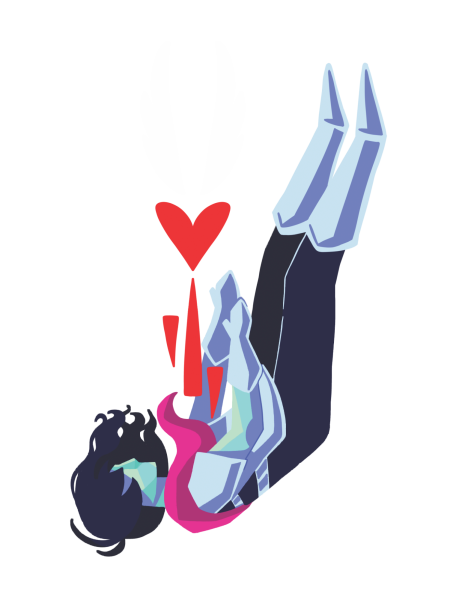
ARE YOU THERE?
ARE WE CONNECTED?
So read the opening lines of Deltarune—white, pixelated text, against a black background, within a small game window. Three years after the breakout success of his prior indie game, Undertale, developer and composer Toby Fox released the first demo of Deltarune on Halloween Day of 2018.
Though only two chapters are currently playable out of an intended seven-chapter release, both segments have received stellar reviews thus far. Deltarune is intended to be Fox’s magnum opus, with the ideas motivating its development tracing all the way back to 2011. And it shows—along with an overall heightened production quality, Undertale is full of nods to Deltarune’s narrative, from years before its release.
Fox is no stranger to incorporating the fourth wall as a major element in his works. Undertale’s thematic core is tied to the responsibility a player holds over a game world—both the good and bad they can produce through their unique ability to respawn. Undertale’s story is fundamentally based in its existence as a game, and the acknowledgement of its resulting powerlessness against your actions as a player.
And these fourth wall breaking themes extend to his current work on Deltarune. Even within the first couple sections of the story, the line between player and character has already been blurred, if not outright removed. Your connection to Deltarune’s world is only possible through taking control of its protagonist, Kris, and their actions.
The act of having a protagonist in it of itself is common to most video games. But even in this fashion, Deltarune differs from the norm. Kris is the vessel you control, but Kris isn’t you; they possess their own life, one with a history extending far before your entrance. And they aren’t happy with many of the choices you make on their behalf, often bending your dialogue inputs in ways that better convey their true feelings, not yours.
Yet, the agency that Kris possesses over themselves is incredibly little. This forced takeover of a pre-existing person is just one fourth wall breaking element that adds to Deltarune’s themes and narrative. Though the player may at times forget it, they are always reminded in one way or another that, in engaging with Deltarune as a game, they strip its main character of choice or input. Through this, the ethics of playing Deltarune at all are called into question—is it fair for us as players to forsake Kris’s feelings when they seem so discontent at being under our control? Do our feelings triumph over the feelings of a game character? What makes us think our choices hold more importance than theirs?
Much like we take the power of choice away from Kris, Deltarune also takes the power of choice away from us. In stark contrast with Undertale’s 93 unique possible endings, Fox is insistent that Deltarune only ends one way, a fact plastered all over its store pages. And the game itself insists similarly. From beginning to end, Deltarune tells you over and over again that your choices don’t matter; and it’s right. No matter what you do as Kris to try and alter the narrative, no matter what dialogue options you choose or the way in which you interact with enemies, both chapter one and chapter two always end in the same way.
The linearity of Deltarune, too, toys with the gap between the player and the game. The norms created in Undertale— mentioned by the game itself to be ‘required playing’ before Deltarune— are both harshly subverted and built upon in its spiritual sequel. The fourth wall is manipulated, with the player’s existence made central and narratively impactful in both games.
But the themes they aim to convey could not be more starkly different. Where Undertale stresses the power of choice, the unique ability of a player to impact a game world to their liking, Deltarune instead uses the player’s power to emphasize their helplessness even more. But the lack of true freedom assigned to the player in Deltarune’s story only elevates it as a work, adding another layer to its in-game narrative. Even within just its introductory chapters, Deltarune already excels at what it sets out to do—blurring the line between reality and fiction, game and player, the controller and the controlled.
Deltarune Chapters 3 and 4 release on June 4th, 2025, and will be available on Steam, Nintendo Switch, Nintendo Switch 2, PlayStation 4, and PlayStation 5.




